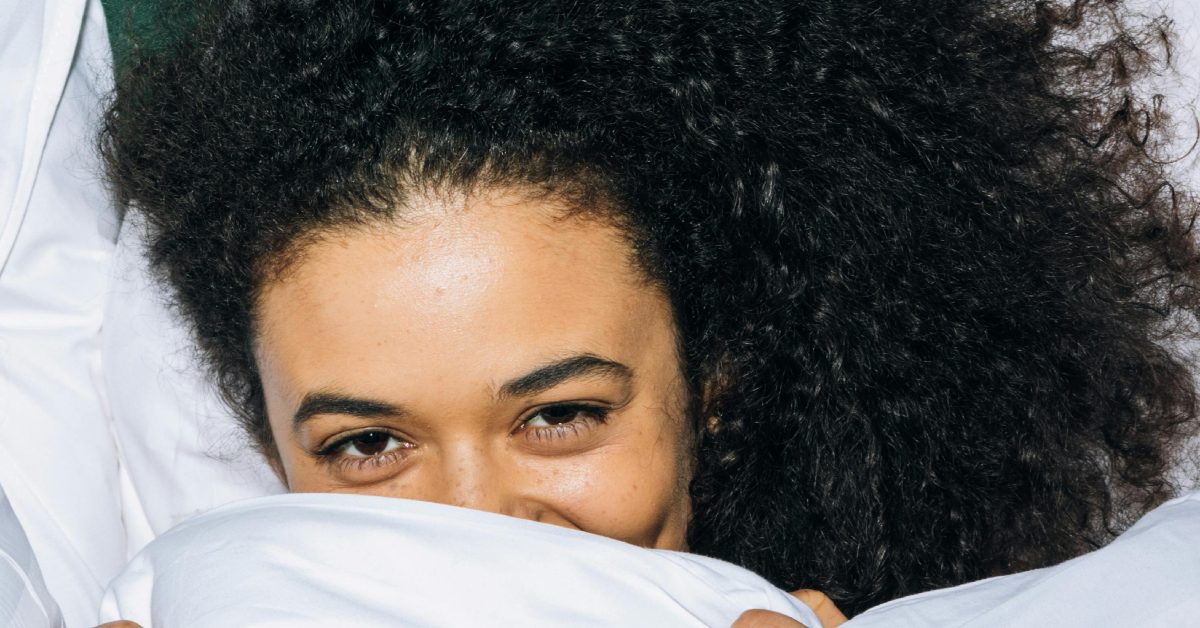BY: Jasmine Franklin
Published 7 months ago

Gender roles have evolved over centuries, influenced by culture, history, and societal norms. Traditionally, men were seen as providers, and women were caretakers. In recent decades, gender roles have become more fluid, with women participating more in the workforce and men taking on more domestic responsibilities. But despite these shifts, some women find fulfillment in traditional gender roles, embracing what is often referred to as the “tradwife” lifestyle.
What is a Tradwife?
A tradwife, short for traditional wife, is a married woman who adheres to traditional gender roles. She focuses on homemaking, supporting her husband, and raising children. Tradwives often take pride in creating a nurturing home environment, cooking meals, and managing household chores. They view their role as crucial to the well-being of their family. This lifestyle emphasizes femininity, domestic skills, and a supportive partnership where the husband is the primary breadwinner.
The Controversy Behind Tradwives
The tradwife phenomenon sparks controversy. Critics argue that this lifestyle can be restrictive and unrealistic for many women. They point out that financial pressures often require dual incomes, making it difficult for most families to sustain a single-income household. Additionally, some view the tradwife model as a step back for women’s rights, fearing it reinforces outdated and problematic gender norms.
For Black women, the feasibility of becoming a tradwife can be even more challenging. Historically, Black women have faced unique economic and social pressures. Many Black families rely on dual incomes to navigate systemic inequalities and financial instability. Furthermore, the traditional gender roles that define the tradwife lifestyle may not align with the cultural and community values of all Black women.
And to answer a lingering question that many ask, Nara Smith is not a tradwife. She is an influencer and model and does not handle all day-to-day activities in her household.
Top Tradwife Influencers on Social Media
Despite the controversy, several women have embraced the traditional lifestyle and shared their journeys on social media. Here are four popular tradwife influencers:
Alena Kate Pettitt (@darlingacademy)

Through her Instagram and blog, Darling Academy, Alena promotes traditional homemaking skills, etiquette, and feminine grace. She encourages women to find joy and purpose in domestic life.
Rune Lapin (@runelapin)

Rune is a Black housewife and homemaker living in Japan. She shares her experiences of blending cultural traditions, managing a home, and navigating life in a different country while embracing the tradwife lifestyle.
Estee Williams (@esteecwilliams)

Due to her conservative views, Estée Williams is the most controversial tradwife influencer on social media. Hate her or love her; she is the epitome of a tradwife. She shares her daily life as a tradwife, offering tips on cooking, home management, and creating a peaceful home environment. Her content highlights the beauty of a traditional marriage.
Brooke Hicks-Nelson (@its.brookelynne)

Brooke Hicks-Nelson is a Black Christian stay-at-home mom and influencer. She focuses on her faith, family, and the joys of homemaking. Brooke has also stirred controversy regarding her values and being a stay-at-home wife. However, she clarifies that she supports and believes women can work outside the home and still be amazing mothers.
The tradwife lifestyle, with its focus on traditional gender roles, remains a polarizing topic. While some women find deep satisfaction and purpose in this role, it still has its challenges and critics. For many, the practicalities of modern life and the need for financial stability make this lifestyle difficult to achieve. However, tradwife influencers continue to inspire and guide those who choose this path by sharing their experiences and tips for creating a fulfilling home life.









